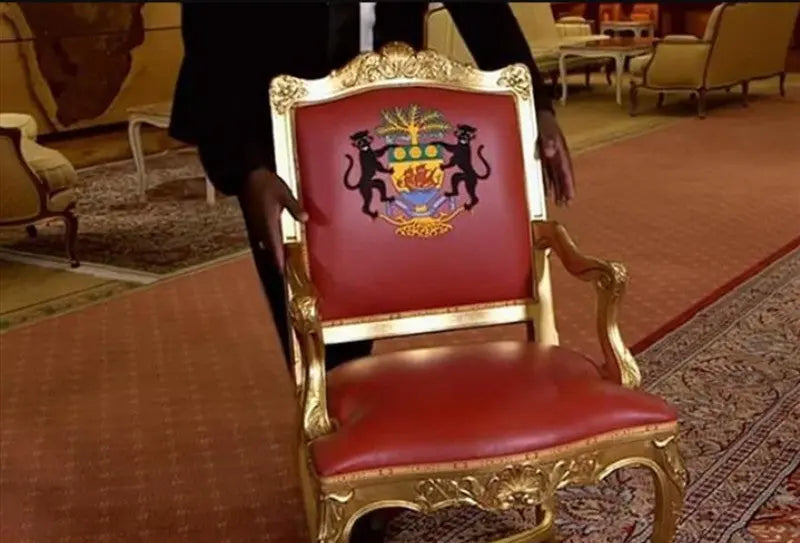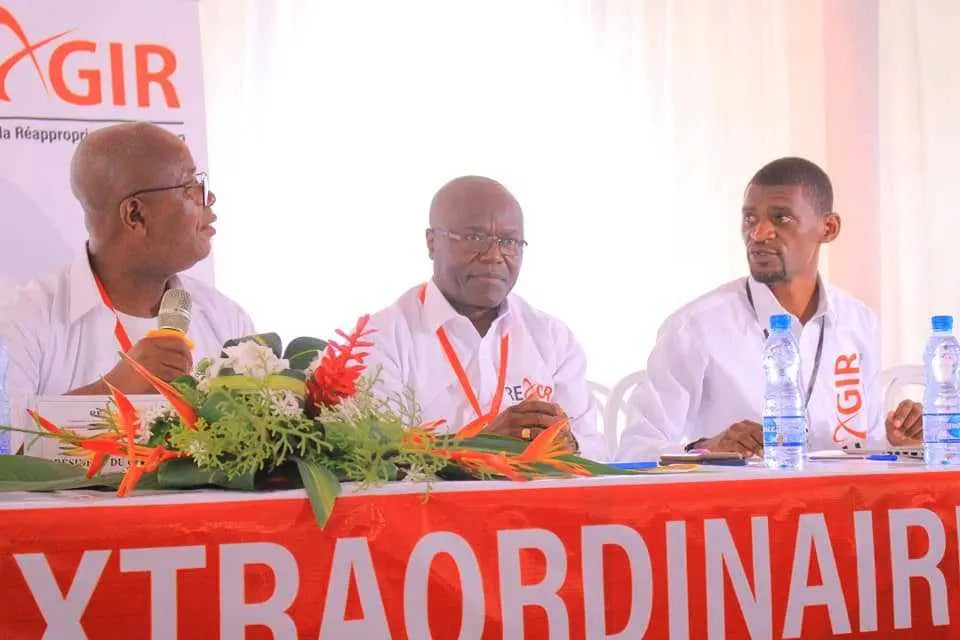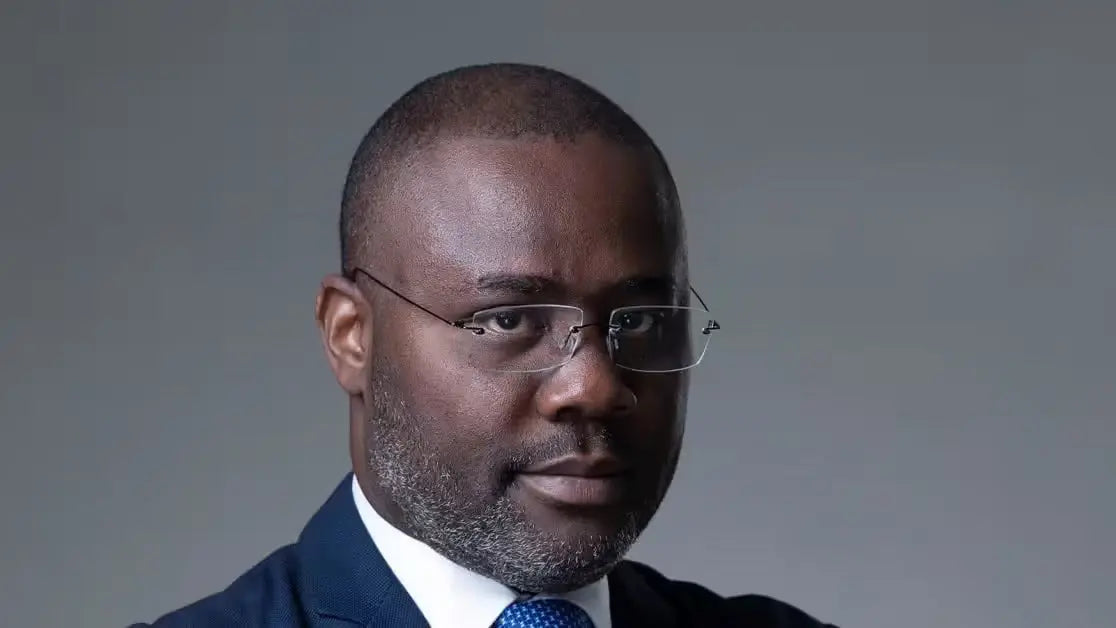
Article 43 Loophole: What if Anyone Could Become President?
The Gabonese Constitution, as a fundamental law, is supposed to guarantee institutional stability and ensure the proper functioning of the State. However, a thorough analysis of Articles 43 and 69 reveals a significant legal loophole that could potentially allow a person who is not eligible under presidential criteria to become Head of State. This situation raises crucial questions about the robustness of our constitutional framework and the risks of political instability that result from it.
A discrepancy between Articles 43 and 69
Article 43 of the Constitution exhaustively defines the conditions of eligibility for the presidency of the Republic. These conditions are strict and aim to ensure that only citizens with a deep connection to Gabon can access the highest office of the State. Among these criteria, we find in particular:
- Being born Gabonese to at least one Gabonese parent who was also born Gabonese.
- Hold exclusively Gabonese nationality.
- Be at least 35 years old and no more than 70 years old.
- Be married to a Gabonese person meeting the same nationality criteria.
- Have resided in Gabon continuously for at least three years prior to the election.
- Master at least one national language.
- Enjoy a complete state of physical and mental well-being, certified by a sworn medical college.
- Enjoy civil and political rights.
On the other hand, Article 69 , which deals with the function of Vice-President of the Government, does not stipulate such precise eligibility conditions. The Vice-President is appointed by the President of the Republic and ensures the coordination of government action. In the event of a vacancy in presidential power, he is the one who is called upon to ensure the interim, according to the constitutional provisions in force.
The legal implications of this flaw
This asymmetry between the two articles creates a potential legal loophole. In the absence of clearly defined eligibility criteria for the appointment of the Vice President, it is theoretically possible that a person who does not meet the requirements of Article 43 could be appointed Vice President. If this person were then to assume the presidential functions in the event of a power vacuum, this would raise several legal and institutional issues:
-
Legality of succession: Would the assumption of presidential office by a person ineligible under Article 43 be in accordance with the spirit and letter of the Constitution?
-
Democratic legitimacy: Would such a situation respect democratic principles, knowing that the Vice-President is not elected by direct universal suffrage and may not meet the criteria required for an elected president?
-
Institutional stability: Could this flaw be exploited to circumvent the electoral process and allow unelected individuals to access supreme power, thereby jeopardizing the country's political stability?
Comparative analysis and legal perspectives
In many countries, the eligibility requirements for presidential succession positions are clearly defined to avoid ambiguity. For example, in the United States, the Vice President must meet the same eligibility requirements as the President, in accordance with the U.S. Constitution. This precaution is intended to ensure that any person who may become President meets the required legal and constitutional requirements.
The case of Gabon highlights a lack of coherence in the constitutional text. This inconsistency could be the result of an involuntary omission during the drafting of the Constitution or, more worryingly, of a deliberate desire to leave room for political maneuver in the appointment of the Vice-President.
The risks of an exploited flaw
If this flaw is not corrected, it could be exploited for political purposes, allowing a sitting President to appoint a Vice President without regard to the strict eligibility criteria imposed on presidential candidates. In the event of a power vacuum, this would open the way to a succession that could be contested on legal and legitimate grounds, leading to major political and institutional tensions.
Moreover, the absence of clear criteria for the appointment of the Vice President could fuel suspicions about the integrity of the succession process and weaken citizens' trust in their institutions.


